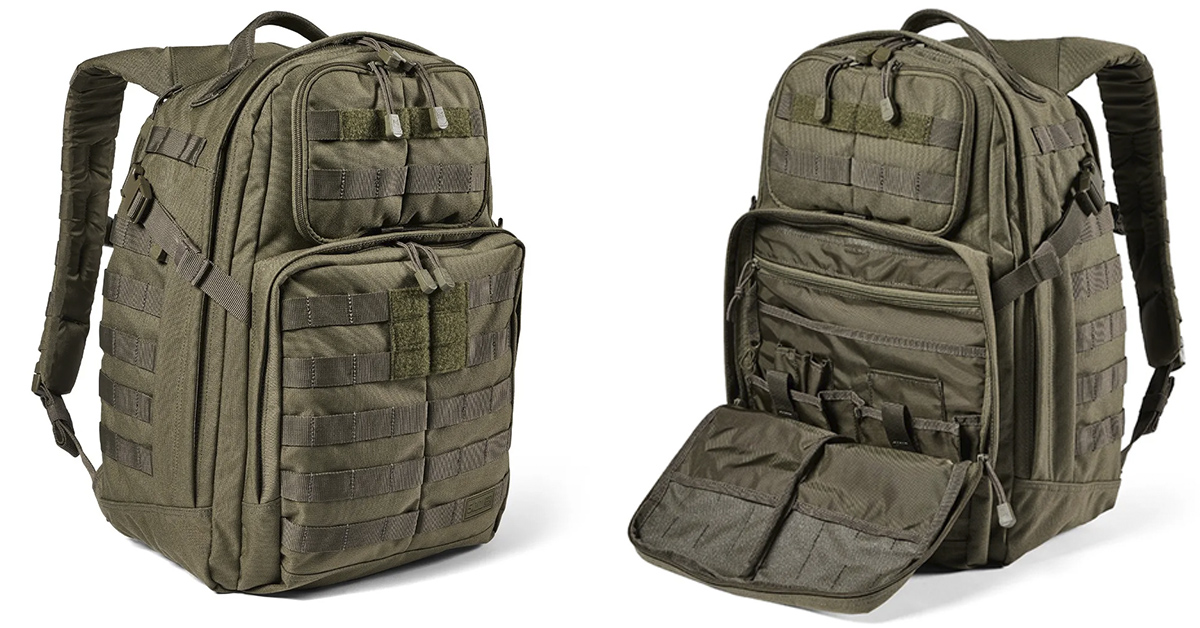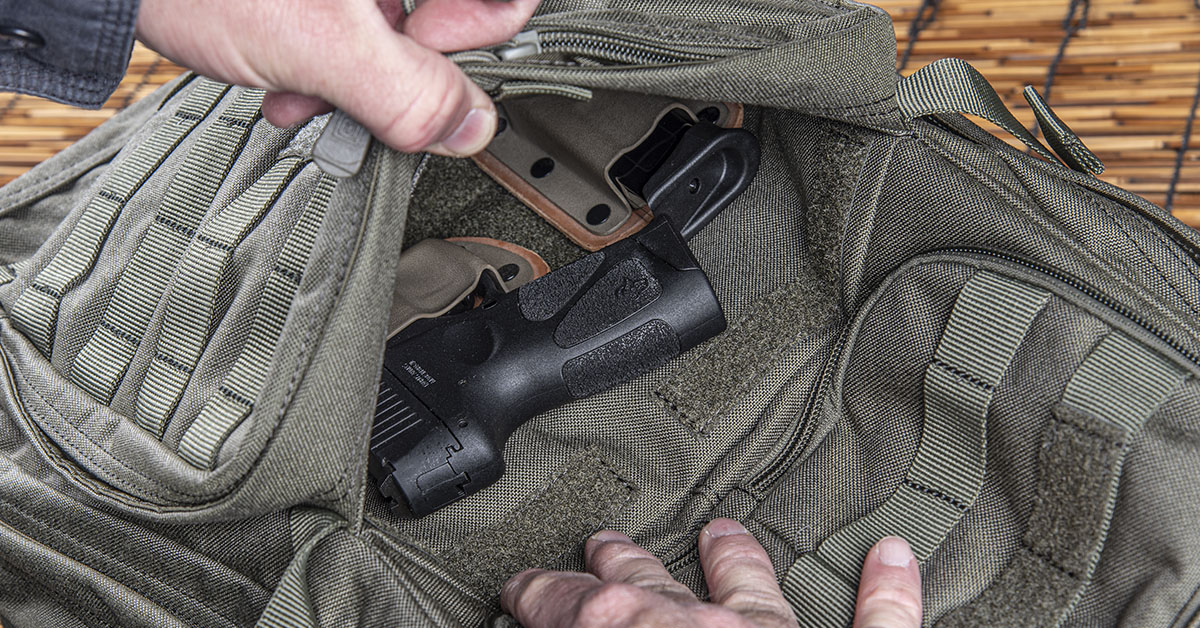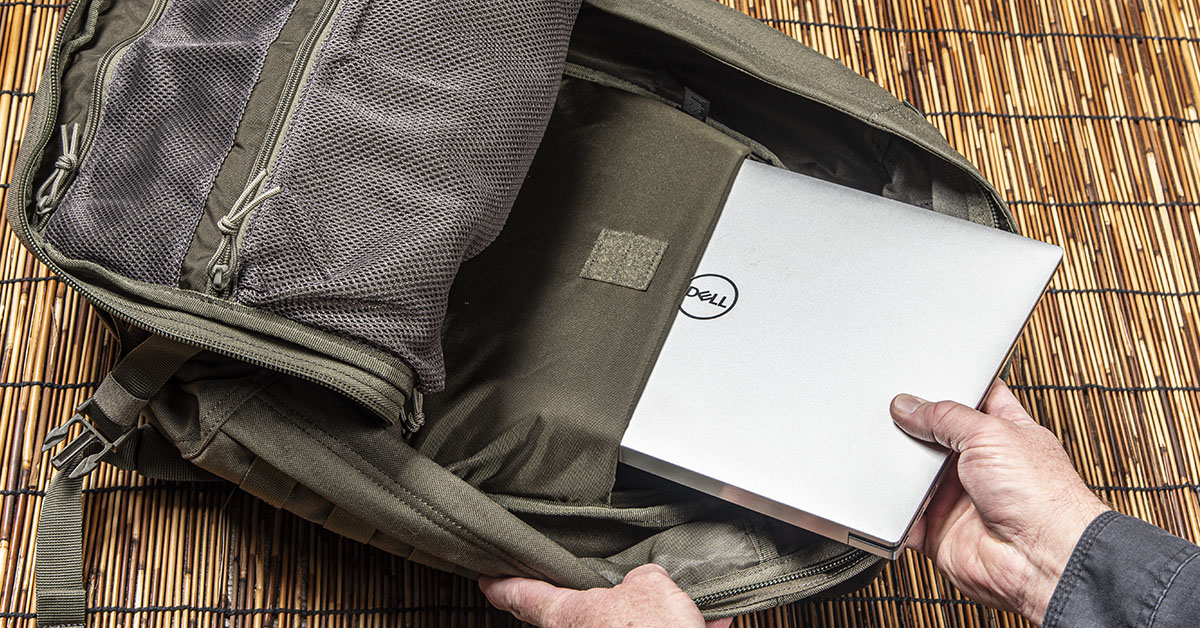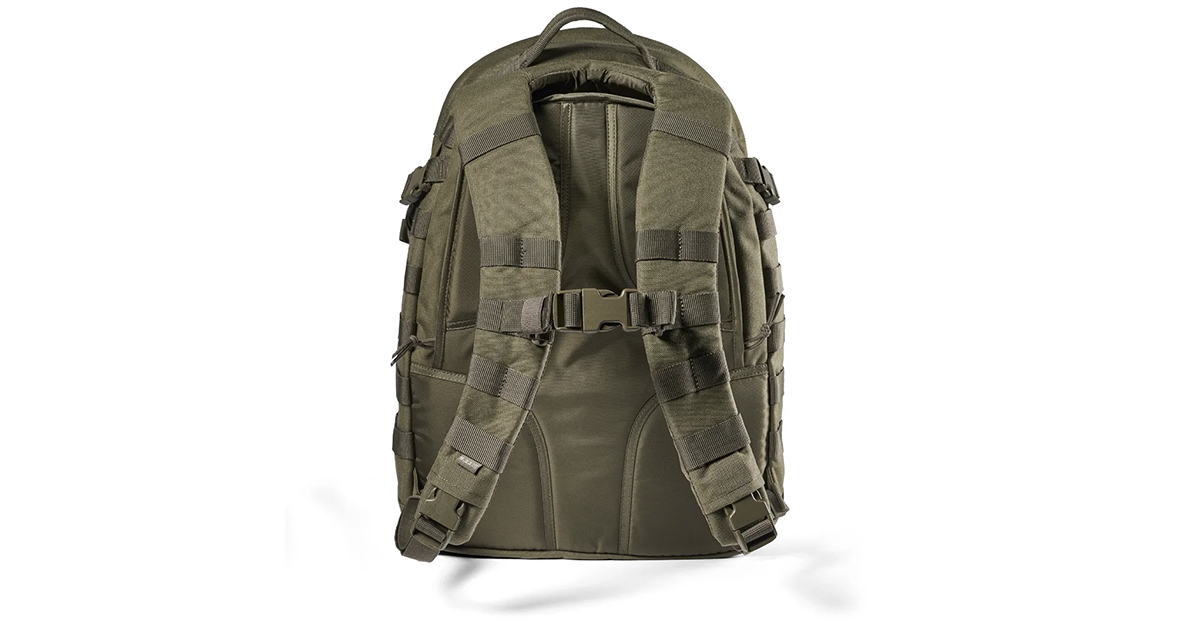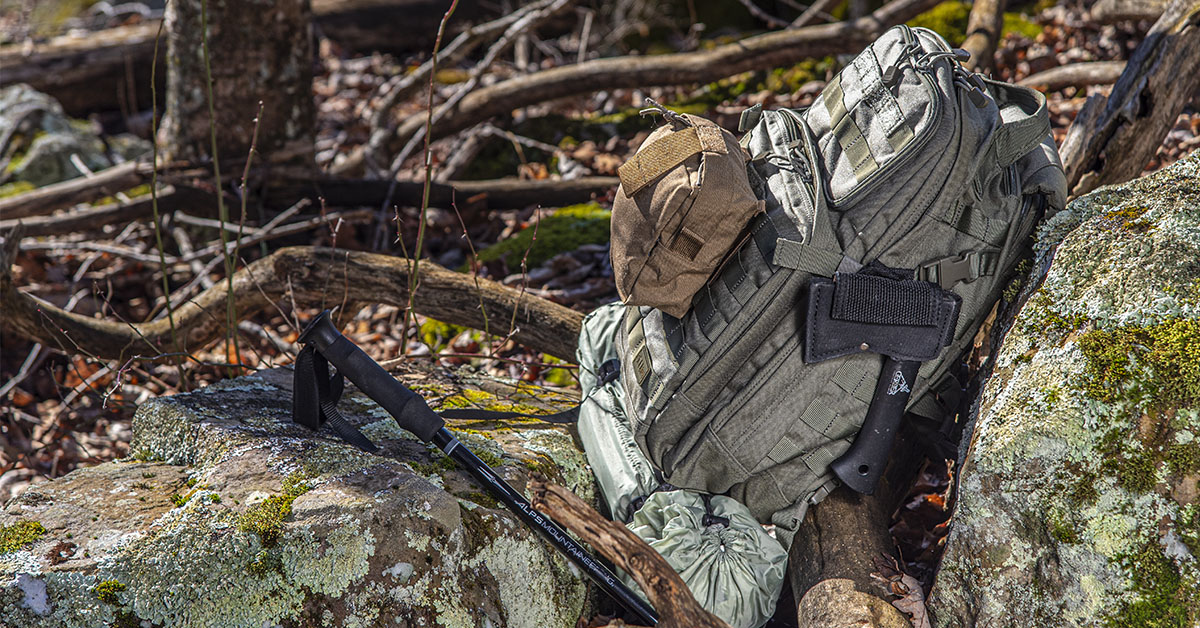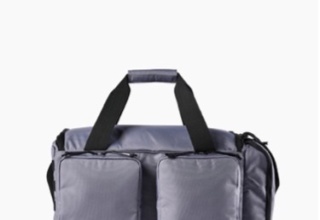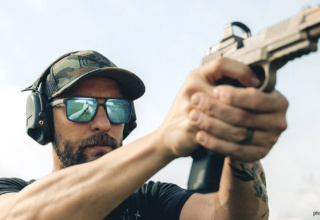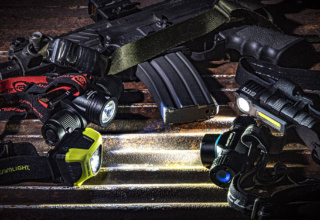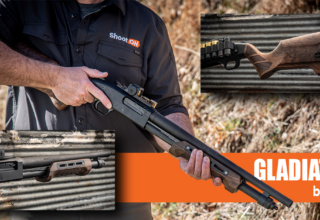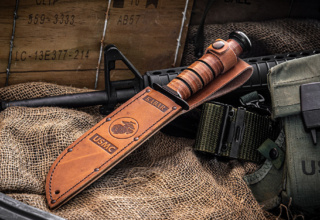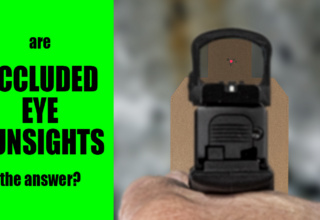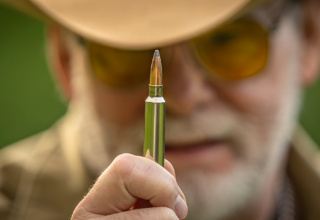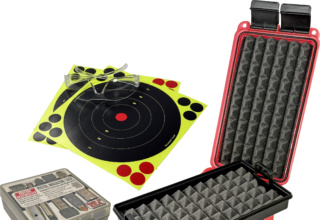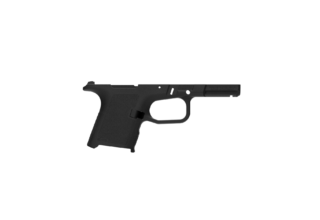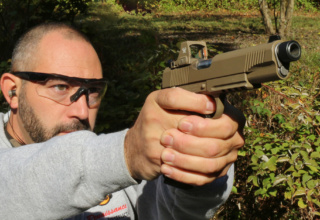A multi-purpose pack suitable for minimalist camping, getting home, disaster readiness, or simply the daily grind with CCW capability, 5.11’s Rush 24 2.0 has you covered
by Rob Reaser
I admit to being a pack snob. I have backpacks for multi-day wilderness flyfishing excursions, daypacks for deer hunting, daypacks for turkey hunting, commuter packs for business road trips, game hauling packs, and more. Packs are among those things that demand specialized construction for specific missions, which is why I’m so particular about features, construction, weight, and all other nuances that go into them.
Details make a difference.
Recently, I went on a mission to find a pack that would serve multiple functions — the first priority of which was to meet airline carry-on compliance. Having been hit numerous times over the years with canceled flights, wherein my checked bag was stuck somewhere in the airport and I’m shuttled to a “courtesy” hotel without a toothbrush or a change of socks, I make it a point to pack for carry-on whenever possible. I’m not talking about luggage that can be stowed in an overhead compartment but luggage that will fit under the seat in front of me. Overhead storage is an iffy proposition when the time to catch a connecting flight is under a half-hour. So, I wanted a backpack that could serve me for a four- or five-day trip yet be small enough to slide under an airplane seat.
The second priority was the pack had to be small enough that it would work as a portable office and be “holster compatible” so I could keep a gun discreetly within reach for situations where on-body carry isn’t possible.
Third, I wanted a bag that was super tough with compartmentalized storage options to serve as an emergency go-bag or a get-home bag. This way, if the bag met my first two criteria, I could also use it (or confidently buy a second one) for this important purpose.
All of that is a lot to ask in backpack, but following hours of online searching, comparing, and reading customer reviews, I zeroed in on the Rush 24 2.0 from 5.11.
Turns out, I hit the bullseye on the first shot.
5.11 introduced its Rush series backpacks just over 15 years ago, and they proved to be a huge hit with defense professionals and the tactical-leaning crowd right out of the gate. Originally offered in three models designated Rush 12, Rush 24, and Rush 72 (reflecting their support capacity, e.g., 12-hour, 24-hour, 72-hour), the line received an overhaul three years ago, hence the “2.0” nomenclature. 5.11 claims (with apologies to Marlowe) the Rush is “the bag that launched a million missions” and that the Rush 2.0 is “optimized for a million more.”
I’ll buy that. With its front-opening main storage, ergonomic shoulder straps, multiple compartments, compression straps, an expansive MOLLE web platform, and Rush Tier System compatibility for adding on auxiliary packs when needed, the Rush 2.0 system is the multi-tool of practical backpacks. The Rush 24 2.0, in particular, with its 37-liter/2275 in3 capacity, is sized just right for a broad spectrum of uses.
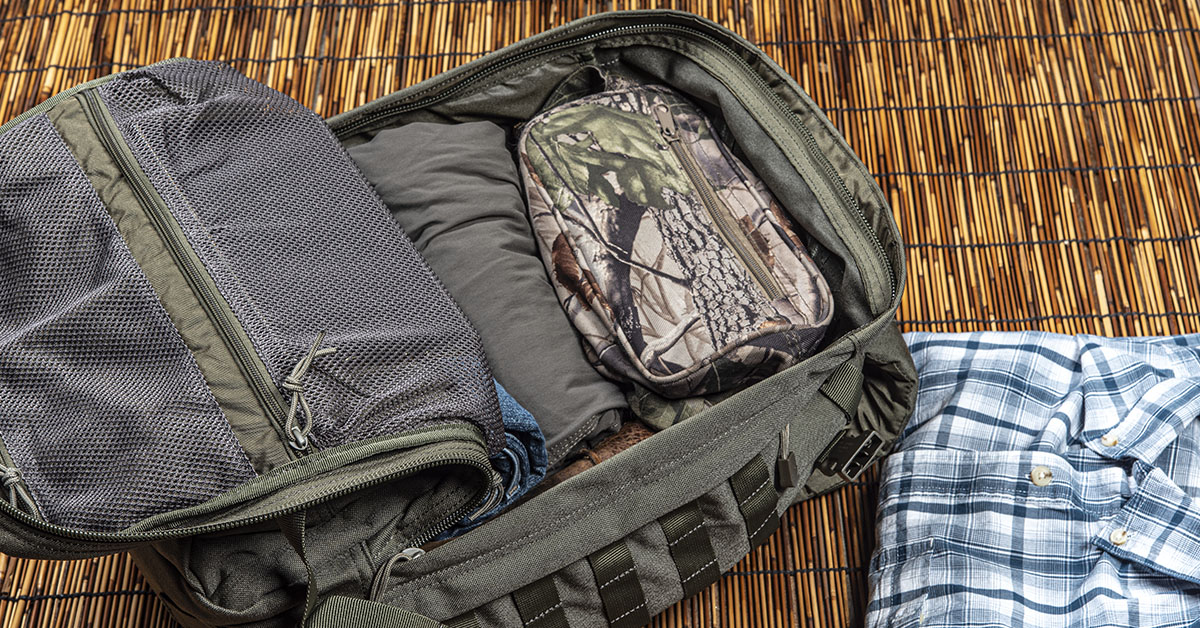
So, what are the differences between the original Rush design and the newer 2.0 models? Not a whole lot, really, but the changes 5.11 designers did make certainly expand the packs’ functionality for today’s users.
The big “oh, yeah” for me is the introduction of a concealed compartment located between the front pocket and the main compartment. This compartment closes along the top with a hook-and-loop patch system, so all you need to do is grab the pull tab or the top of the front pocket and pull it open to reveal a spacious pocket with a large hook-and-loop patch sewn in. Here is where you can store your handgun(s).
The interior hook-and-loop patch makes the Rush 24 2.0 compatible with modular, or off-body carry holster systems that features hook patches. The system I use for this purpose is the Modular Holster from CrossBreed. Simply place the holster on the pack’s hook-and-loop patch and the handgun stays securely in place yet can be quickly accessed when needed. The compartment is big enough that you can comfortably stow a couple compact or micro handguns as well as supporting mag pouches.
Another significant upgrade is the addition of a padded laptop sleeve positioned behind the main compartment. This pocket is designed to hold laptops up to 15 inches, and it is not merely a design afterthought. There are several features here that are important to keeping your laptop safe during travel. For starters, the laptop pocket is suspended about an inch above the bottom of the pack. This prevents impact damage should the pack be accidentally dropped on a hard surface. There is also a high-density polyethylene panel behind the laptop pocket, which helps keep the laptop from being stressed during pack wear (as well as provide pack stability). Finally, a hold-down strap with a hook-and-loop closure keeps the laptop snugly secured in the pocket to prevent it from jostling around.
The other upgrade of note is the larger eyewear/tech pouch located at the top of the pack between the grab handle and the shoulder straps. This soft-lined pouch with a rugged zipper closure is the perfect spot to stash your cell phone and keys where they can be easily accessed.
Ergonomically speaking, the Rush 24 2.0 begs no forgiveness. The back panel has sufficient padding to eliminate any hot spots and is designed with subtle ventilation channels to give moisture a chance to escape. The shoulder straps are also adequately padded without being obnoxiously so, as many pack straps are wont to be. An adjustable sternum strap is included.
What you won’t find on this pack is a waist belt…and this is one of the reasons I leaned toward the Rush 24 2.0 instead of some close competitors. I like a good waist belt on most of my packs — particularly those destined to carry heavy weight. This is a must-have feature to distribute the load off the shoulders and onto the hips. When you are not packing a heavy load, though, a thickly-padded waist strap is just extra weight that gets in the way. Should you want to add a waist belt to the Rush 24 2.0, 5.11 can accommodate with the Rush Belt Kit.
Part of a pack’s comfort level has to do with load management. The tighter and closer you can put the load to the torso the better the load balance and the less fatigue you will feel while carrying it. The Rush 24 2.0 comes with compression straps on each side of the pack, allowing you to cinch the load for a more comfortable, high-and-tight carry.
Overall, my experience with the Rush 24 2.0 earns the pack two thumbs up. Its legendary rugged construction will ensure long life, the 37-liter capacity is sufficient for a multi-day trip with careful packing but not so great as to tempt you to carry more than you really need, multiple compartments mean optimal organization of contents, and the pack is simply comfortable to wear. And with its $135 MSRP, this is an easy buy for a service-oriented pack that will amortize over many years of hard use.

